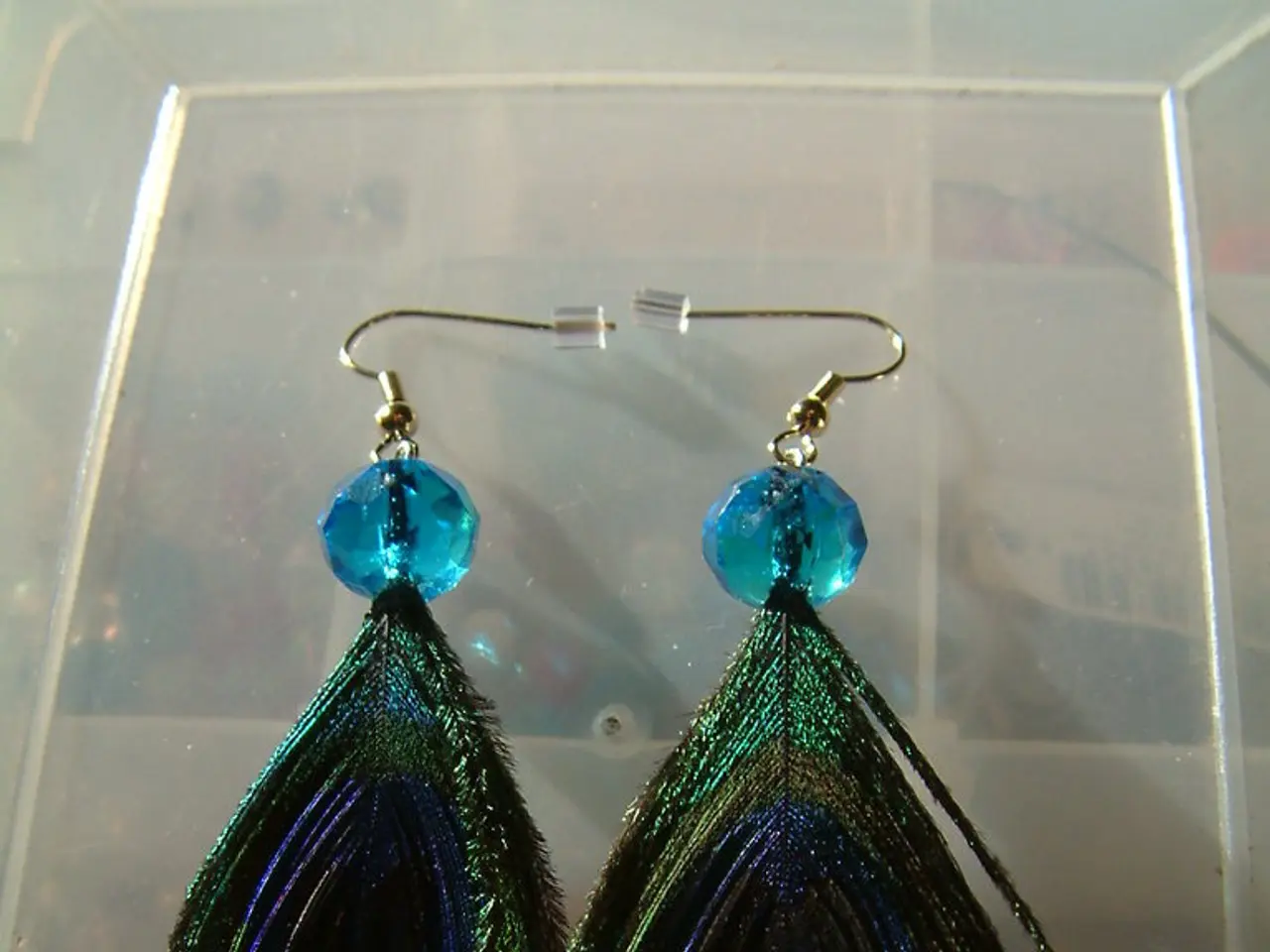Are essential oils effective for treating ear infections? A list of recommended oils and application methods.
Ear infections, also known as otitis, are common afflictions that can affect both children and adults. While traditional medical treatments are the primary means of managing these conditions, some individuals turn to essential oils as a potential natural remedy.
Essential oils, such as tea tree oil, oregano oil, and basil oil, have shown antimicrobial properties in laboratory settings. For instance, tea tree oil, with its antibacterial substance terpinen-4-ol, and oregano oil, containing compounds like carvacrol and thymol, have demonstrated potential against various bacteria and viruses.
However, it's important to note that while these oils may exhibit antimicrobial properties, there is limited scientific evidence supporting their direct use for treating ear infections. Applying essential oils directly into the ear canal can cause irritation and allergic reactions.
Instead, essential oils can be safely applied through inhalation or dilution and topical application. For aromatherapy, essential oils can provide overall health benefits, but there is no direct evidence supporting their use in treating ear infections via inhalation. For skin issues or external applications, essential oils should be diluted with a carrier oil, such as coconut or olive oil, to avoid irritation.
When considering the use of essential oils, it's crucial to consult a healthcare professional, especially if considering internal use. It's also advisable to avoid applying essential oils to sensitive areas like the ear canal. Using a diffuser for aromatherapy can help benefit from the oils without direct application.
Before using any essential oil, it's a good idea to test it on a small area of skin. If the oil does not cause an adverse effect and the ear infection does not clear up within a 2-week period, individuals should speak to a doctor about other treatment options.
In addition to or instead of essential oils, people can try various natural remedies for an ear infection, such as applying a warm compress to the ear, using olive oil, or trying other natural remedies as advised by a healthcare professional.
While the potential benefits of essential oils in treating ear infections are promising, more research is needed to validate their effectiveness. In the meantime, traditional medical treatments combined with evidence-supported home remedies are recommended for managing ear infection symptoms.
- Some medical-conditions like Alzheimer's and bipolar may require professional therapies and treatments for proper management.
- It's essential to maintain eye-health, as it can significantly impact overall health and wellness.
- Fitness and exercise, along with a balanced nutrition, are crucial for maintaining skin-care and dealing with skin-conditions effectively.
- Chronic diseases, such as obesity, chronic kidney disease, and respiratory conditions, can severely impact a person's quality of life if left untreated.
- Essential oils, such as tea tree oil, oregano oil, and basil oil, may have potential uses beyond treating ear infections – they could contribute to skin-care and fitness-and-exercise routines.
- The NFL, a professional American football league, places great emphasis on the health and wellness of its players, implementing strict regulations to ensure their safety.
- Tea tree oil, oregano oil, and basil oil have displayed antimicrobial properties in laboratory settings, indicating their potential use in various predictive science applications.
- The oil extracted from certain seeds can be used for internal purposes, but its application should be done under the guidance of a healthcare professional to avoid any complications.
- Depression, a common mental-health issue, can be managed with a combination of medication, talk therapy, and lifestyle adjustments such as sports and exercise.
- Health-and-wellness enthusiasts often seek out alternative treatments for various chronic diseases, like essential oils or herbal supplements, due to their natural origins.
- Football, particularly American football, involves a high level of physical exertion and can lead to injuries that require medical attention.
- The science of predictive medicine seeks to identify individuals at risk for chronic diseases, such as diabetes or cardiovascular disease, allowing for early intervention and prevention.
- Regular check-ups, a nutritious diet, and adequate sleep are important practices for maintaining both physical and mental health, as they contribute to overall health and wellness.




